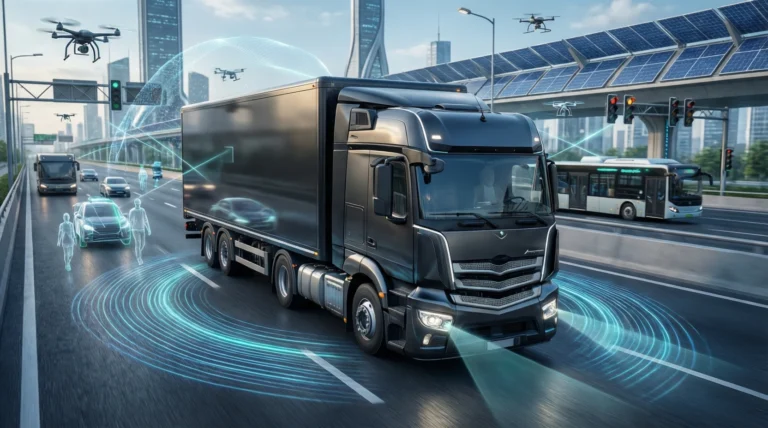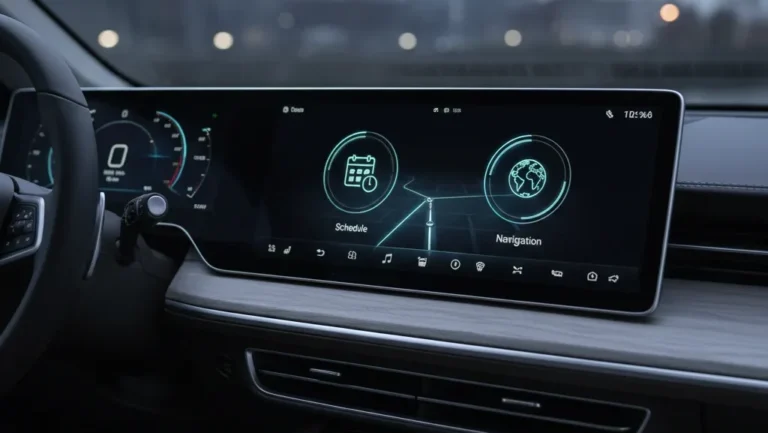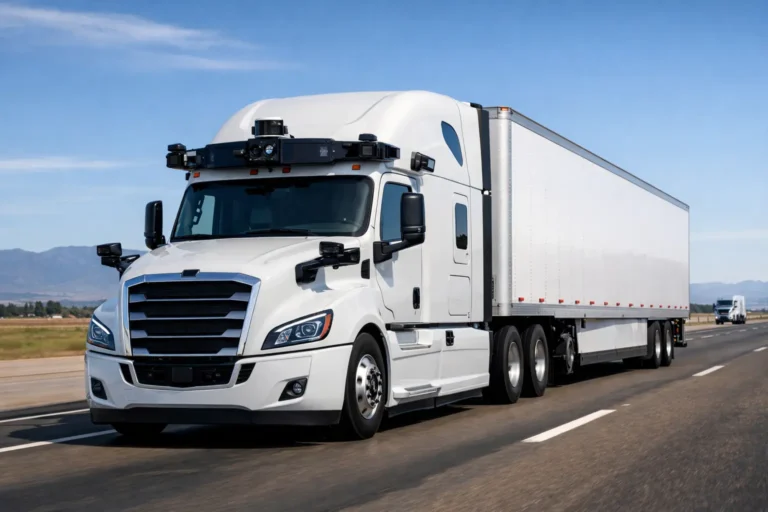
In the third quarter of 2024, consumer interest in electric vehicles (EVs) experienced a notable resurgence, marking an important shift in the automotive finance market. According to Experian’s State of the Automotive Finance Market Report: Q3 2024, EVs accounted for 10.06% of all new vehicle financing, reflecting a robust growth of over 30% compared to the same period in 2023.
Melinda Zabritski, Experian’s head of automotive financial insights, attributed this surge in EV financing to two key factors: the availability of EV tax credits and the introduction of more affordable EV models. “While vehicle pricing, particularly with EVs, continues to influence consumers’ purchasing decisions, we are witnessing a shift where consumers are increasingly taking advantage of lease incentives and rebate programs to manage the overall cost and monthly payments of EVs,” Zabritski said.
Leasing on the Rise: A Strategic Move for EV Buyers
An interesting trend in Q3 2024 was the significant rise in EV leases. Leasing now accounted for nearly 45% of all new electric vehicle transactions, a considerable jump from 24.97% in Q3 2023 and just 9.53% in the same period of 2022. This shift toward leasing may be driven by the significantly lower monthly payments associated with EV leases compared to loans. In fact, the average monthly payment for an EV lease was $198 less than for an EV loan in Q3 2024.
Among the most popular leased EV models were Tesla’s Model 3 (13.60%) and Model Y (9.30%), followed by the Hyundai IONIQ 5 (6.51%), Honda Prologue (5.11%), and the Ford Mustang Mach-E (4.86%).
Stability in the Market: New Vehicle Inventory and Incentives Play Key Role
The new vehicle finance market continued to stabilize in Q3 2024, thanks to the availability of new vehicle inventory and ongoing incentives. Captive finance companies maintained a dominant presence, capturing 58.67% of the market share, followed by banks (22.65%), credit unions (10.07%), and finance companies (6.52%).
The availability of new vehicles, combined with dealer incentives, has contributed to maintaining stability in the automotive finance market. Despite a slight increase in the average loan amount for a new vehicle, which rose by $736 to $41,068, the average monthly payment for new vehicles saw only a minor increase of $5, reaching $737. This suggests that lenders are offering more favorable terms to consumers, helping to offset the higher costs of new vehicles. In fact, the average interest rate on new vehicle loans dropped from 7.09% in Q3 2023 to 6.61% in Q3 2024, further supporting market stability.
Rising Affordability Concerns: Prime and Super Prime Borrowers Opt for Used Vehicles
Interestingly, the report also indicated a shift among prime and super prime borrowers, who appear to be leaning toward used vehicles in the face of affordability concerns. Nearly 66% of prime borrowers opted for used vehicles in Q3 2024, up slightly from 65.47% in the previous year. Similarly, 48.92% of super prime borrowers chose used vehicles, marking an increase from 47.96% in Q3 2023.
The trend toward used vehicles has led to a decrease in average loan amounts for used cars. In Q3 2024, the average loan amount for a used vehicle stood at $26,091, which is $1,195 less than the previous year. Additionally, the average monthly payment for used vehicles dropped by $18, reaching $520.
Zabritski commented on this trend, stating, “The reintroduction of new vehicle inventory over the past several quarters has brought stability to the market. With increased leasing and the availability of late-model used vehicles, it’s important to monitor how consumer preferences evolve, as these trends will likely shape the market in the near future.”
Key Findings from Experian’s Q3 2024 Report:
- Leasing accounted for 24.03% of new vehicle financing in Q3 2024, up from 20.35% in the previous year.
- Prime and super prime borrowers comprised nearly 71% of the total vehicle finance market in Q3 2024.
- Tesla dominated the EV market, with the top three most financed EV models being the Tesla Model Y (31.76%), Tesla Model 3 (14.25%), and Tesla Cybertruck (4.93%).
- Outstanding automotive loan balances grew by 1.10% year-over-year, reaching $1.49 trillion.
- Delinquency rates showed slight increases, with 30-day delinquencies rising from 2.91% in Q3 2023 to 3.09% in Q3 2024, and 60-day delinquencies increasing from 0.92% to 0.96%.
As the automotive finance market continues to adjust to the evolving landscape, the growth of electric vehicle financing, particularly through leasing, highlights the increasing appeal of EVs. The combination of affordable EV models, government incentives, and favorable financing options is expected to keep the momentum going in the coming quarters.







